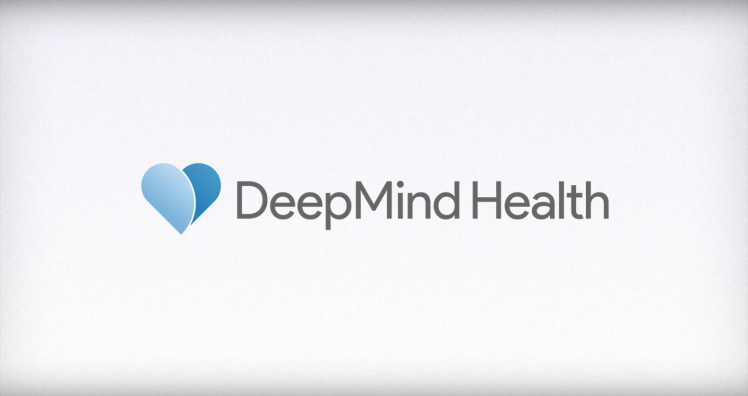testsetset
Google subsidiary DeepMind announced today that it’s working with the U.S. Department of Veterans Affairs to use machine learning in an attempt to predict when patients will deteriorate during a hospital stay.
Deterioration (when a patient’s condition worsens) is a significant issue, since care providers can miss warning signs for potentially lethal conditions that arise as part of other treatment. DeepMind and the VA aim to tackle Acute Kidney Injury (AKI), which, as the name implies, occurs when a person’s kidneys temporarily stop working as well as they should. That can mean kidney failure, or just injury that reduces kidney function. AKI can be fatal if untreated.
DeepMind’s goal is to improve algorithms used to detect AKI so that doctors and nurses can treat patients more quickly. Dominic King, the clinical lead for DeepMind Health, said in a blog post that the two organizations are already familiar with the condition, which is why they’re choosing to tackle it first.
The company will have access to more than 700,000 medical records that have been stripped of any identifying personal details. Using those records, DeepMind and the VA aim to determine whether it’s possible to predict the onset of AKI — and patient deterioration more broadly — using machine learning.
June 5th: The AI Audit in NYC
Join us next week in NYC to engage with top executive leaders, delving into strategies for auditing AI models to ensure fairness, optimal performance, and ethical compliance across diverse organizations. Secure your attendance for this exclusive invite-only event.
One of the key things to note here is that it’s possible our current crop of machine learning algorithms, the data available, and other factors may make this a task that can’t ultimately be solved through the application of AI.
DeepMind is also treading on sensitive territory by working with health data. The company ran afoul of regulators last year when the U.K.’s data protection watchdog said a deal the company had struck with that country’s National Health Service to access Britons’ anonymized health records failed to comply with the law.
The VA also had a run-in with data protection concerns. In 2016, the agency canceled a deal with AI startup Flow Health, which was supposed to use veterans’ medical information to predict diseases. That was an abrupt end to what was meant to be a five-year contract empowering the startup to use veterans’ genetic data and medical records.
All of that said, applications of machine learning have shown early promise in the realm of medicine. For example, a Google Brain team showed off its use of computer vision to detect heart disease earlier this week. DeepMind’s work could help mitigate a major cause of hospital deaths.


